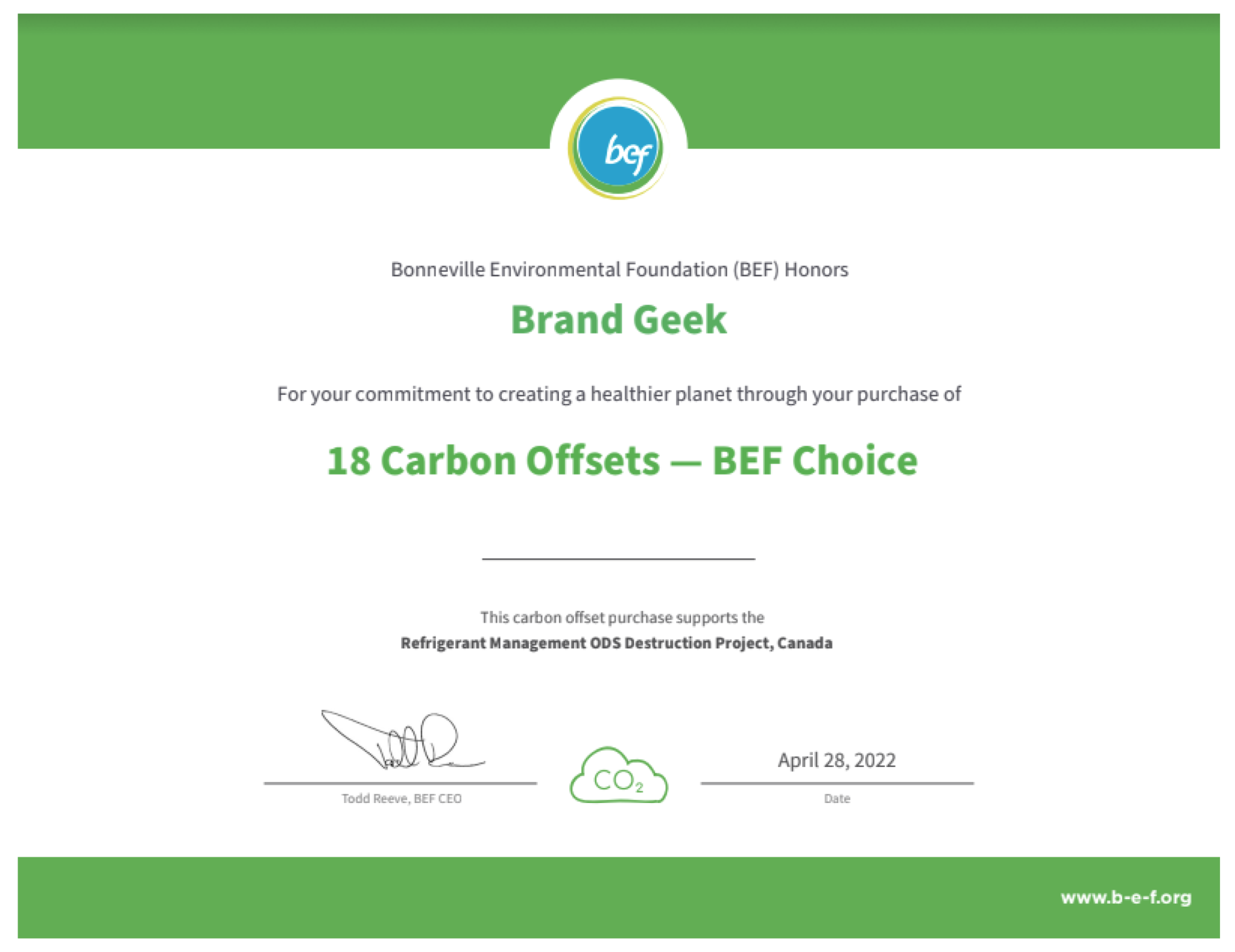Brandgeek proudly supports Mountain Area Preservation and is humbled to be…
Trademark Attorney Ponders Parody — Yankees v Evil Enterprises
Two Fridays ago I wrote about the world famous Hells Angels motorcycle club and today I’ve moved onto the world’s second most famous baseball club (after the Red Sox, of course) the New York Yankees. (I went to law school in Boston, you see.)
In any event, although the Yankees filed this trademark Opposition against Evil Enterprises in November 2009 and now, towards the end of the process, for some reason it drew the attention of Deadspin on August 17 and Techdirt on August 18. Since I’ve written recently on what parody is not (here and here), I thought it might be helpful to write about what parody is. Luckily, this case gives us a real time, real life example, which I find really rad.
On November 20, 2009, New York Yankees Partnership (an Ohio(?!?) limited partnership), filed an Opposition against Evil Enterprises’ application to federally register BASEBALLS EVIL EMPIRE for “clothing, namely, shirts, t-shirts, sweatshirts, jackets, pants, shorts and hats.” If only poor punctuation were grounds for refusal, the Yankees would have a home run here.
According to the Opposition:
[framed_box] Opposer owns U.S. federal registrations and applications for the Yankees NY Marks and the Yankees Top Hat Marks in International Classes 6, 9, 11, 14, 16, 18, 20, 21, 24, 25, 26, 28, 30, 34 and 41; namely, Registration Nos. 1,076,665, 1,182,757, 1,564,580, 1,577,279, 1,898,998, 2,309,488, 2,368,952, 2,651,320, 3,320,066, 3,320,067, 3,331,057, 3,331,058, 3,412,814, 3,593,130, 1,032,767, 2,575,644, 3,320,068, 3,320,069 and 3,320,070. Registration Nos. 1,076,665, 1,182,757, 1,564,580, 1,577,279, 1,898,998, 2,309,488, 2,368,952, 2,651,320, 1,032,767 and 2,575,644 are incontestable. [/framed_box]The Opposition also states:
[framed_box] Since long prior to July 7, 2008, Applicant’s constructive first use date, because of the Club’s successes, including its outstanding record in MAJOR LEAGUE BASEBALL competitions and WORLD SERIES titles, and its relatively lucrative player contracts, Opposer has been commonly and extensively referred to by the press, media, fans and the public by the designation the “Evil Empire” in addition to its names NEW YORK YANKEES and YANKEES. The “Evil Empire” designation was originally coined by the CEO of the BOSTON RED SOX club, an arch rival of the YANKEES Club, as a derogatory reference to Opposer. [/framed_box]And on that theme, it continues . . .
[framed_box] The term “evil empire” has a negative connotation because the word “evil” refers to that which is morally wrong or bad, immoral, wicked, harmful and/or injurious. The BASEBALLS EVIL EMPIRE mark will be understood to refer to the Club, and, upon information and belief, is clearly intended to do so, and thus may disparage Opposer, or bring Opposer into contempt or disrepute among a significant segment of the consuming public. [/framed_box]Nothing like arguing “in the alternative,” something lawyers do when they have multiple, sometimes contradictory, positions and aren’t sure which one is the winner. Here, the Yankees first claim that they own the EVIL EMPIRE moniker because it’s been associated with their ball club for so long; then they argue that the EVIL EMPIRE mark should be refused registration because it is disparaging to their ball club.
The Yankees claim that:
[framed_box] Applicant’s intent to trade on the goodwill of Opposer is made clear by its use on Applicant’s website www.baseballsevilempire.com and on the goods being sold or offered for sale on that site which feature the term “Baseballs Evil Empire” in connection with designs that are highly similar to the Yankees NY Marks and the Yankees Top Hat Marks, as shown by comparison below:It does not help that the Applicant’s website allegedly stated, “The one source for all the latest tee-shirts and hats for all the Yankee fans around the world.” (The site now states, “The one source for all the latest tee-shirts and hats for all baseball fans around the world.”)
There is no bright line test for what constitutes a permissible trademark parody under U.S. statutory law or common law. Generally speaking, a parody either pokes fun at, or makes a social commentary about, something. The trouble usually begins when the parody becomes commercial. This often results in the brand owner crying infringement, even when no reasonable consumer ever would be confused into thinking that the brand owner offered or authorized the parody product. Theoretically, parody is not a defense to trademark infringement, because the nature of the parody itself obviates any potential for confusion. That doesn’t stop the brand owners though!
As for trademark dilution by blurring or tarnishment, several dilution/parody cases have held that the parody strengthens, not weakens, the famous mark’s brand recognition. Other courts have held that parodies fall within the “noncommercial use” exception of the Federal Trademark Dilution Act’s (FTDA), but that’s only when the use is non-commercial. Evil Enterprises’ use of the EVIL EMPIRE mark clearly is commercial here.
I presume/hope that the TTAB will find that the Yankee’s infringement claim knocks out its tarnishment claim. I mean, really. How can the Yankees argue with a straight face that the BASEBALLS EVIL EMPIRE mark is both so closely associated with their brand as to cause consumer confusion, while simultaneously causing negative associations with their brand?
Given the unique facts of this case, including evidence and admissions that show that a substantial number of the purchasers of the parody goods are Yankees’ fans, I think Evil Enterprises is likely to lose at the TTAB on the grounds of likelihood of confusion. Even if the Yankees hit it out of the park on this one, I am sure next inning will be in federal court unless Evil Enterprises agrees to cease use of the EVIL EMPIRE marks.
Is it fair? I am conflicted. On one hand parody isn’t possible without co-opting some portion of the other party’s brand. On the other hand, when the parody is a competing commercial venture, something seems unfair about that — that seems to be trading of the brand recognition (good or bad) — of the parodied brand. Fortunately, I don’t have to decide the outcome of this case; the TTAB will take care of that for us.
 The law of trademark parodies is unsettled. Non-commercial parody is protected as free speech under the first amendment, but commercial speech/competing products is a whole ‘nother ball game.
The law of trademark parodies is unsettled. Non-commercial parody is protected as free speech under the first amendment, but commercial speech/competing products is a whole ‘nother ball game.





This Post Has 0 Comments